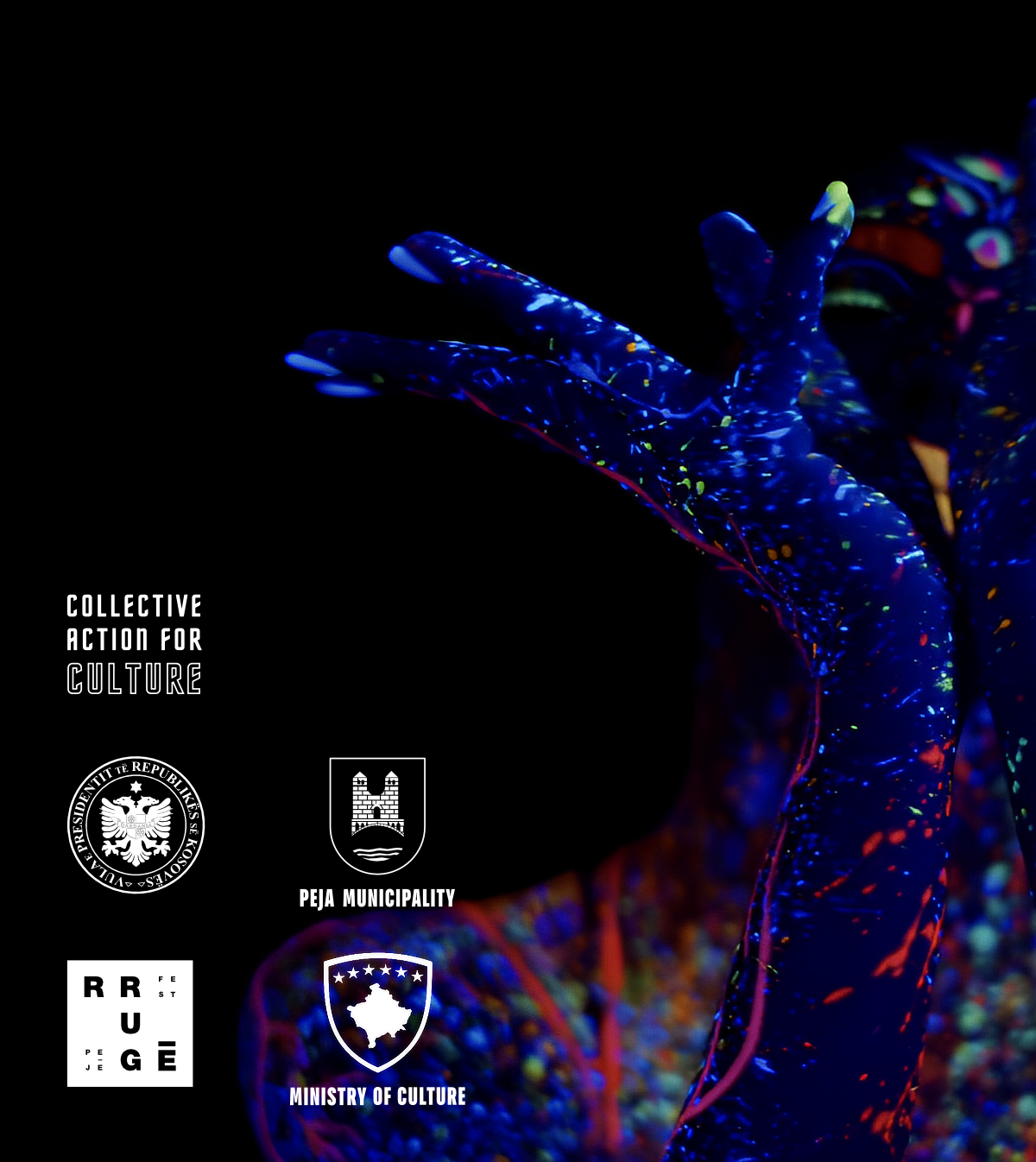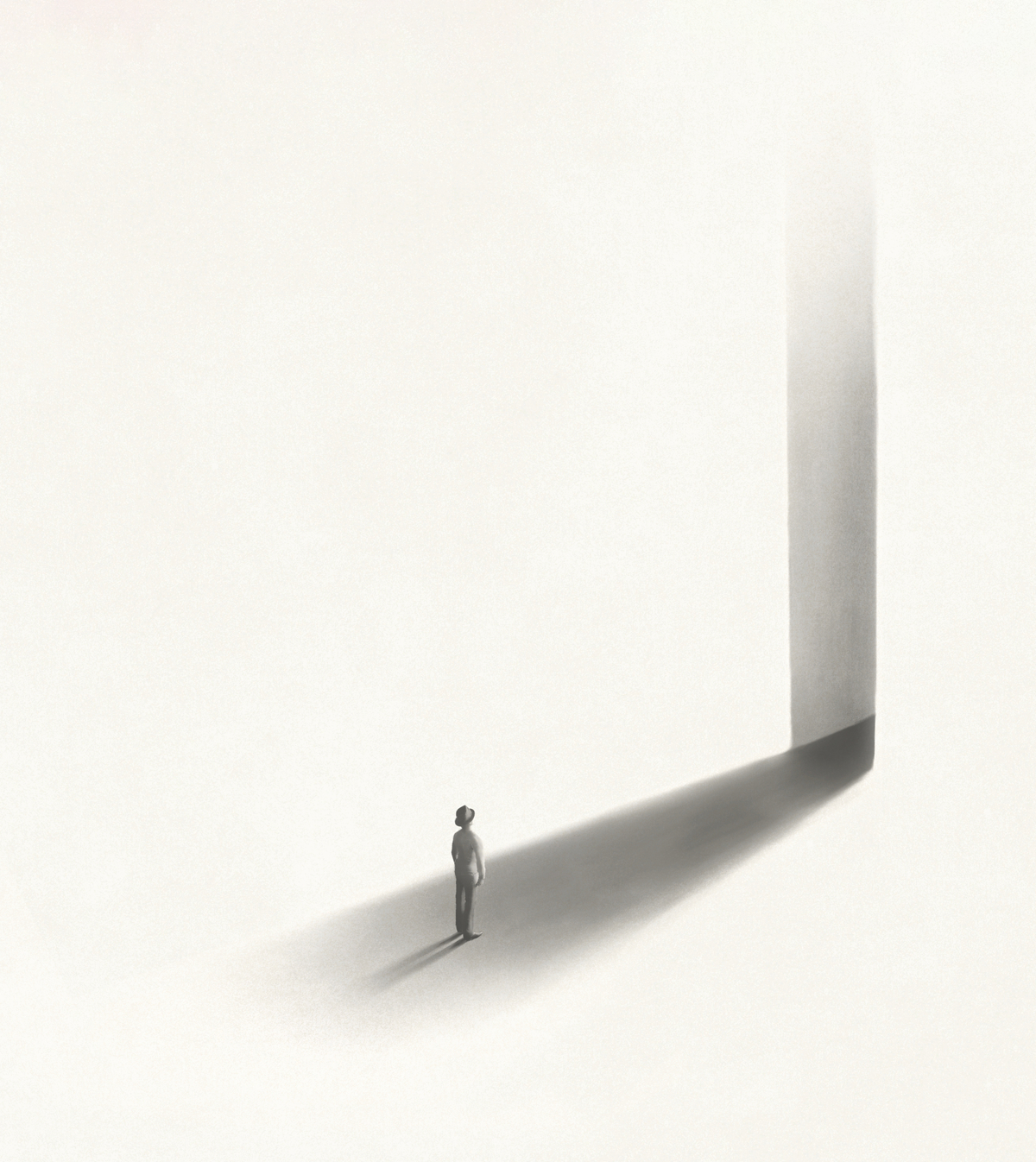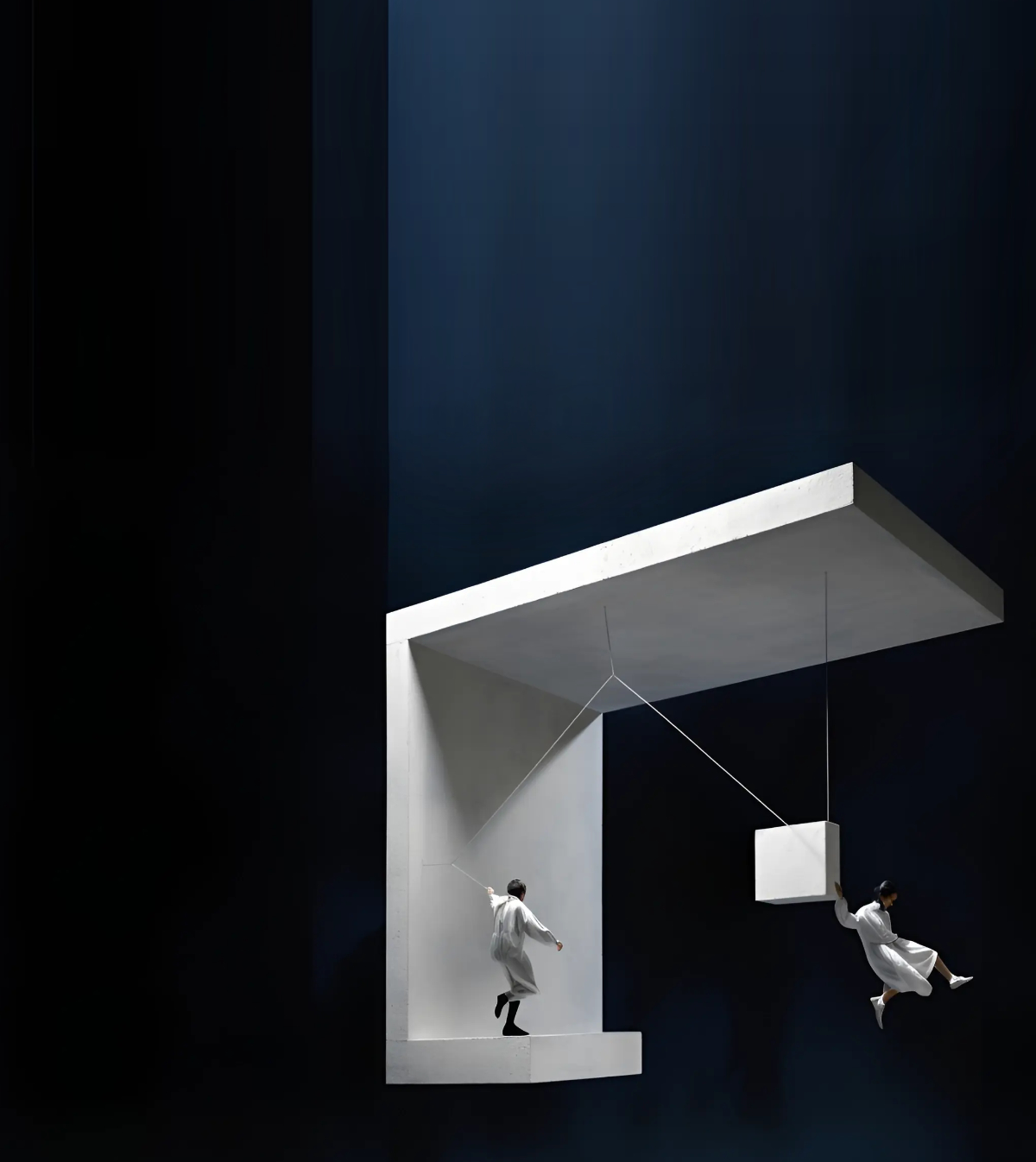We’d like to take the opportunity to introduce you to the winner of the Honorable mention of our “Archhive Books' Portable Reading Rooms” competition - Sacha Cutajar from Malta.

Sacha Cutajar from Malta
I studied architecture for 6 years in my home country at the University of Malta and acquired my Master’s in Architectural Design in 2016. Following graduation, I joined Forward Architects, a locally esteemed Architecture firm as a full-time architect for 2 years in addition to 3 years internship prior. I am currently back in academia reading for a Master of Science Degree as part of the Integrative Technologies and Architectural Design Research (ITECH) Programme at the University of Stuttgart, in Germany.
Brief information about the projects that you/your company have been involved with. For instance, what scale have you focused on/preferred, any significant projects where company/ individuals have been involved?
Throughout my work experience, I have had the pleasure and opportunity to work on projects of various scales, from detailed designing of small town houses situated in sensitive historic contexts to navigating between the intricately tailored criteria of villas and commercial office projects, to undertaking proposals for regenerating urban areas through various interventions. I have also been involved in visualising several projects such as a national history museum in Gozo and rehabilitation proposal for the City of Valletta’s famous food market.
In my personal time, I have also participated in several design and build workshops that result in the construction of several small-scale pavilions in various locations across Malta, France, Spain and Germany. These projects, primarily research-driven, provided the perfect setting to develop skills in making things hands-on and readily working at full scale from design to production.
What does architecture mean to you and what is the role of an architect in your society?
Architecture to me refers to a type of construction that bears meaning. A piece of architecture differs from just a building in that it possesses qualities that make it relevant within the broader context in which it sits, be it environmental, social or technological, or everything at once. It juxtaposes the tangible with the intangible, and as such deals with ideas born either by the mind or by the hand. The first is abstract and largely phenomenological but most of our ideas come from here based on experience. The second is the opposite, completely material and relates to the physical world and its rules of making. It bears the most sensitivity to our environment.
The world today is undergoing an ecological crisis on a scale, which despite having been predicted for a while, remains unprecedented. Given the highest impact potential lies with the building industry, architects possess a moral role in striking a balance between the two realms of thinking and making. An architect is therefore a juggler of sorts, or a negotiator if you will. Given that we are also constantly learning about the interconnectedness of the world and all its species, both the way we think about architecture and make it ultimately must also address this growing complexity of communication and cohabitation.
Why do you participate in architecture vision competitions?
This is my first time participating in a competition completely on my own. Currently, my studies are situated in the technical realm of material exploration, digital computation and programming of robots for construction. It is my firm belief and hope that these fields of study can have a positive impact on the way we make architecture in the near future by actively steering the path to both emergent as well as existent ideas and material knowledge. At this stage, much of this work remains very technical, with little time to think about the ways it can readily permeate socio-cultural contexts and become truly meaningful to people.
As such, I decided to enter this competition because it provided the perfect context in which I could apply some of the things I have learned so far by adapting them to the needs of users. It is a context wherein the innovation can be better appreciated for its intrinsic value without getting bogged down by the limitations of current industry. This enables a broader investigation of the architectural possibilities that are already set in motion by current research. I have additionally used this competition as an opportunity to assess how my own design thinking is constantly changing over time and keep growing accordingly.
What advice would you give to individuals who struggle to decide whether it would be beneficial for them to participate in architecture vision competitions?
If you happen to be reading a brief that resonates with your interest and values, and readily fills your mind with exciting ideas, then go for it! If you stop scrolling to look at an interesting competition proposal, whether for the validity of the idea or the way it is so effectively presented, then go for it! If you’ve found yourself in need of an opportunity to help you revive interest in challenging the status quo in architecture, then go for it! The thought alone to consider entering a competition is grounds enough to simply go for it! It is a personal journey for all designers, be it students to test their skills, or professionals to reassess their thinking in an ever-changing global design culture.
Top 3 Reasons Why You Should Enter Architecture Competitions
Curious about the value of architecture competitions? Discover the transformative power they can have on your career - from igniting creativity and turning designs into reality, to gaining international recognition.
Learn more




















